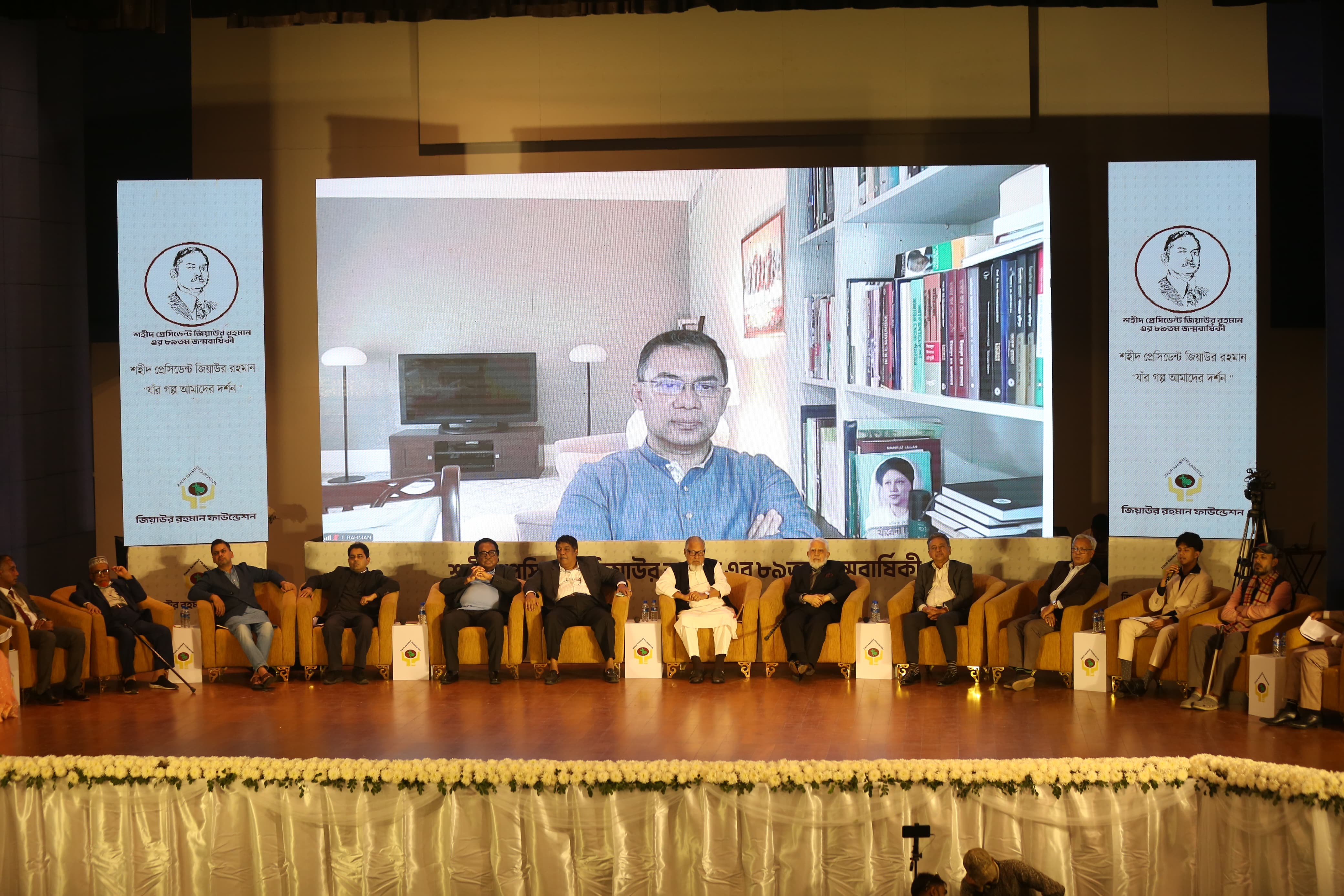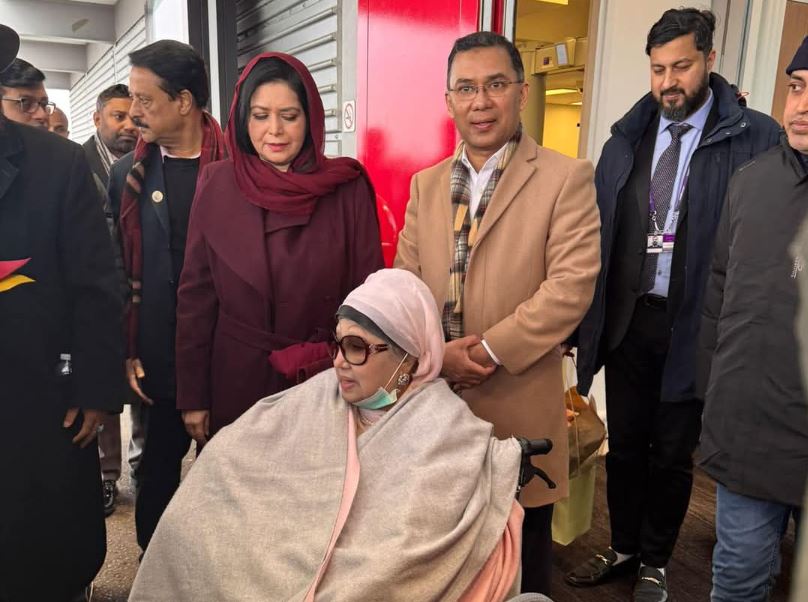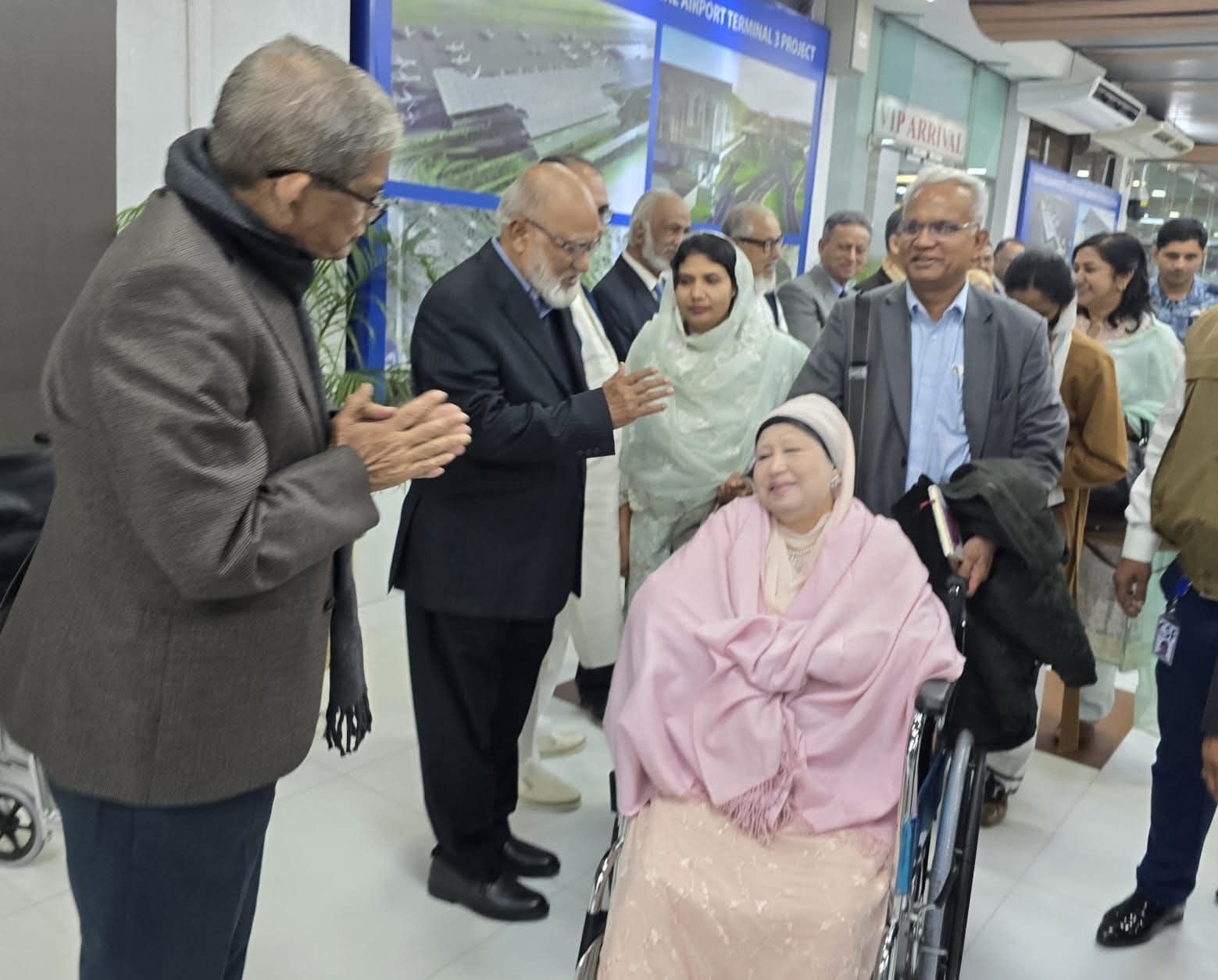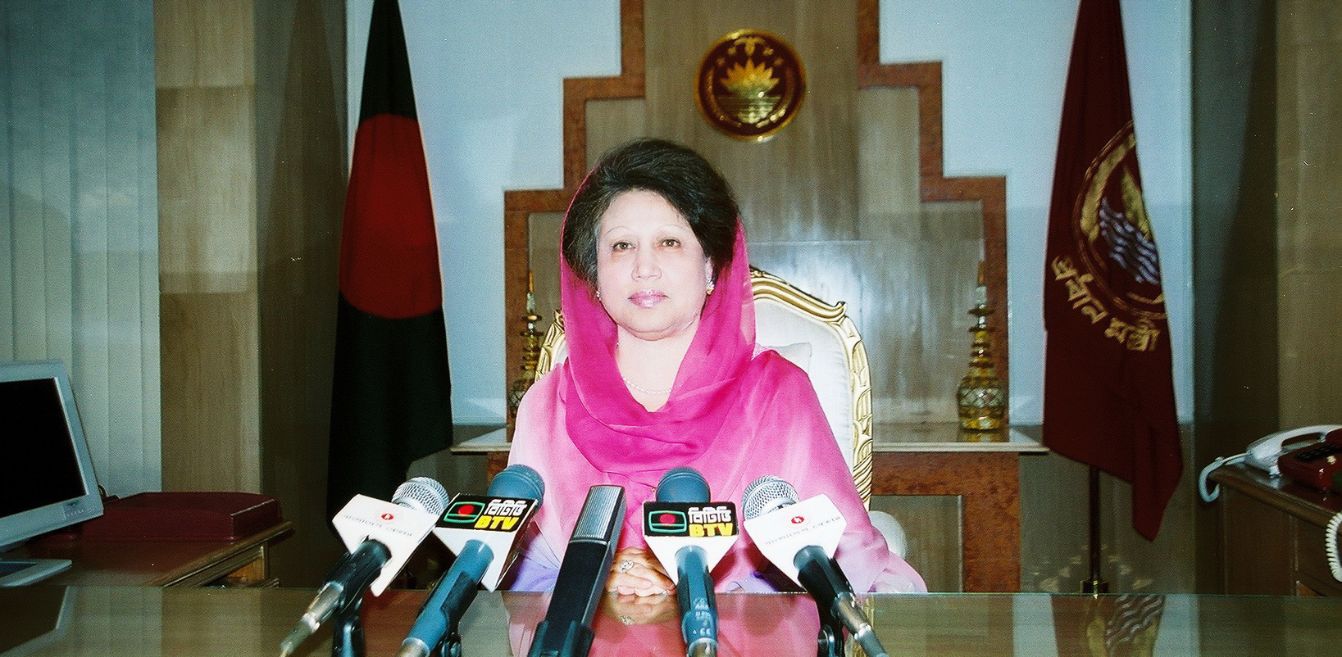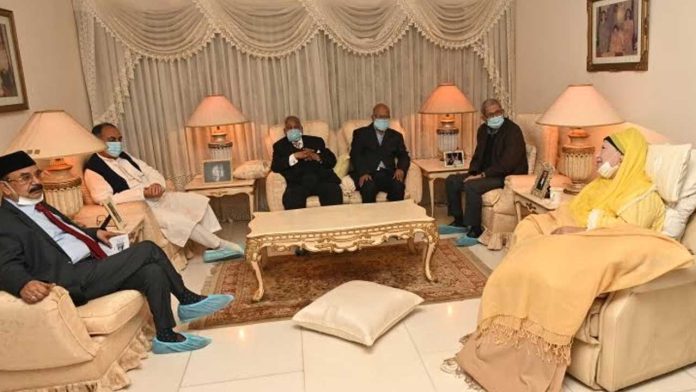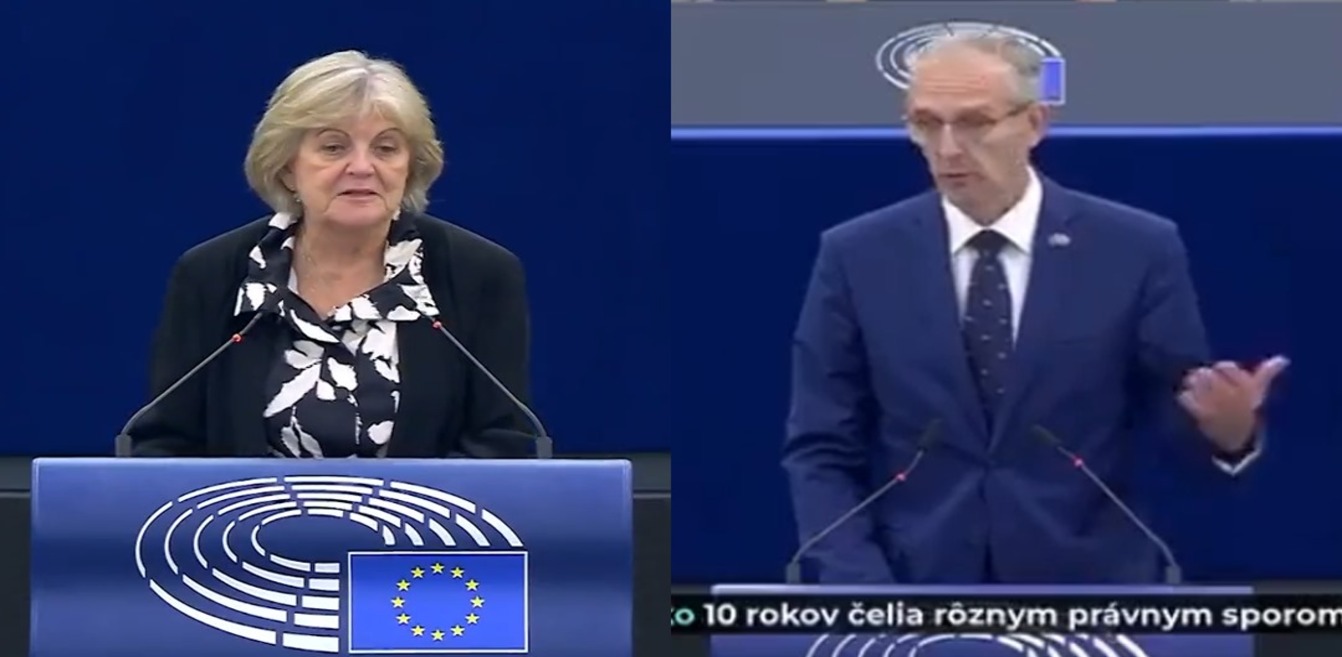
The EU has expressed profound concern over the deteriorating human rights situation in Bangladesh, better treatment of ex-Prime Minister Begum Khaleda Zia, and urged the government to restore a safe and enabling environment for non-government organisations (NGO), human rights defenders, activists, and religious minorities.
The EU parliament particularly noted some concerning issues in Bangladesh, including extrajudicial killings, enforced disappearances, curtailment of freedom of expression, and workers' rights violations.
The European Parliament members deplored the prison sentence against Odhikar secretary Adilur Rahman Khan and its director ASM Nasiruddin Elan.
In a resolution passed on Thursday, they urged the government to immediately and unconditionally quash the sentence and reinstate the registration of Odhikar, and to ensure that civil society organisations can access approved foreign grants.
The resolution noted that leading human rights organisation Odhikar has faced over a decade of harassment and criminalisation, including being deregistered as an NGO.
Its leaders – Adilur Rahman Khan and ASM Nasiruddin Elan – faced trumped-up criminal charges, with a ruling delivered on Thursday, while the failure to follow due process in the case triggered widespread condemnation.
It also mentioned that the UN bodies and the High Commissioner for Human Rights had condemned the government and the judiciary for persistently intimidating and harassing human rights defenders and civil society activists, even when they engage with the UN.
In response to these deeply concerning developments, the EU parliament insisted that the government in Bangladesh uphold the country’s international commitments, particularly under the international covenant on civil and political rights.
The EU parliament members issued a series of calls and recommendations to the government in Bangladesh.
The government has been encouraged to cooperate with the UN in establishing a specialised mechanism to investigate allegations of enforced disappearances, with the insistence that international observers be permitted to attend court hearings.
The EU parliament noted that an Everything but Arms (EBA) enhanced engagement process is ongoing with Bangladesh owing to its serious violations of international conventions. They identified the Odhikar case as a regrettable step back and expressed concern that it could have implications on whether EBA preferences continue to apply to Bangladesh.
The resolution noted that the EU parliament is appalled by the violent murder of trade unionist Shahidul Islam in June 2023 and called for those responsible to be brought to justice.
Also, the government has been urged to comply with core International Labour Organization standards and implement its labor roadmap, as per its commitment within the enhanced engagement process.
The resolution called on the government to adopt cybersecurity legislation that fully complies with international standards.
Expressing concern over mass arrests of opposition representatives and excessive use of force against protesters, the parliament called on the government to guarantee the conditions for free, fair, and participatory elections in 2024, emphasising the importance of domestic and international observation as a key standard.
The resolution called on the European External Action Service, the EU delegation, and the member states' embassies in Bangladesh to raise human rights concerns at the highest levels and increase their support for local human rights defenders, union workers, and journalists under attack, including by monitoring trials.
The parliament instructed its president to forward the resolution to the European Commission, the Council, the vice-president of the Commission, high representative of the Union for Foreign Affairs and Security Policy, and the government and parliament of Bangladesh.

.png)
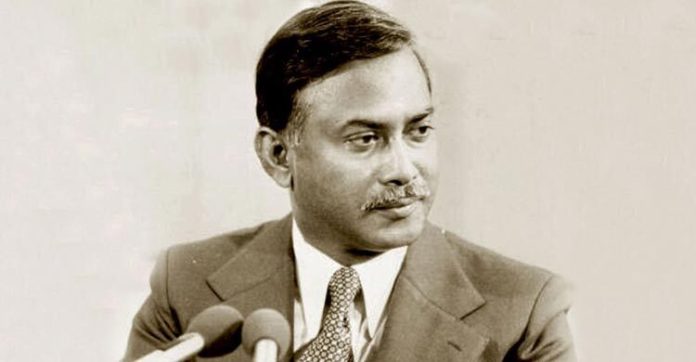
.png)
